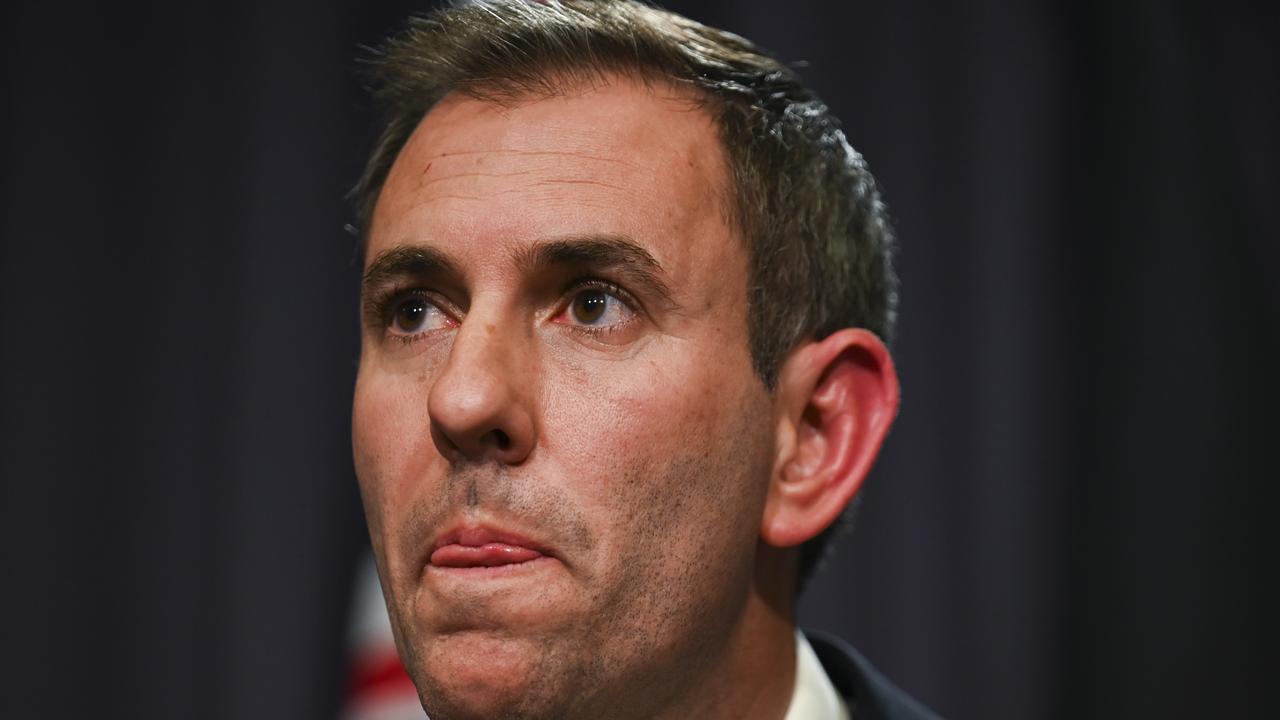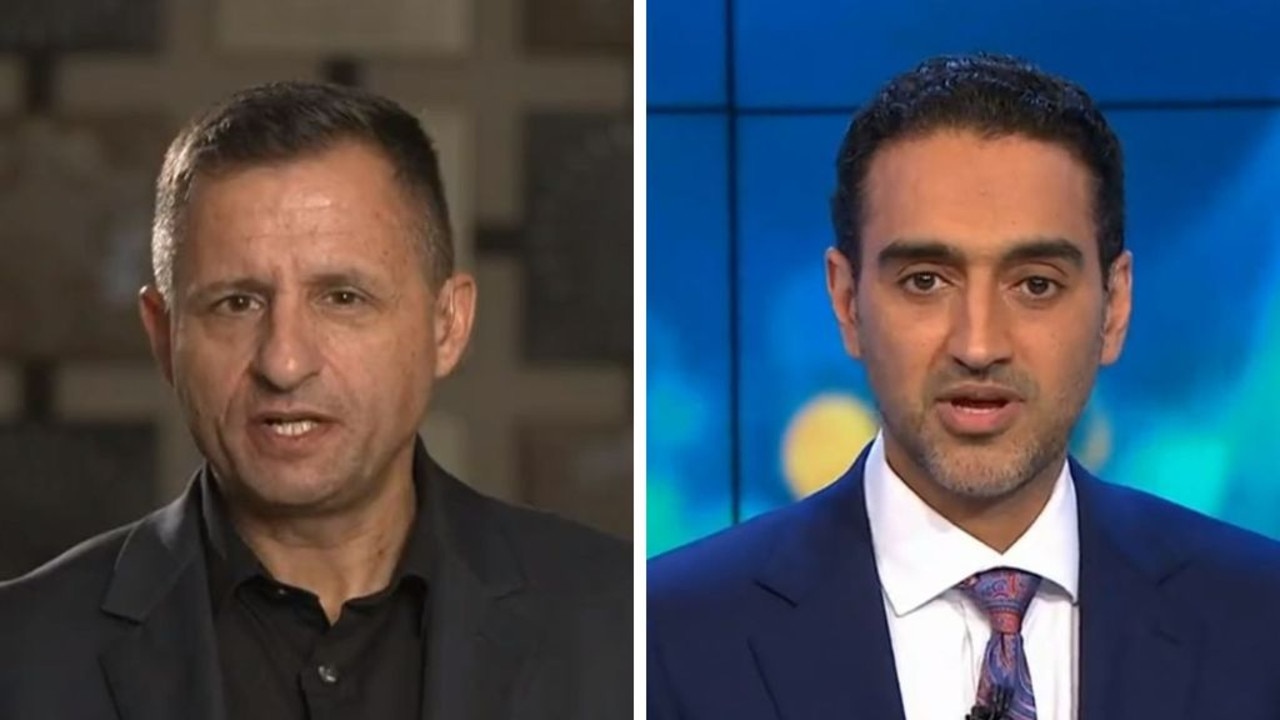‘Economy will get cooked’: Gen Z nightmare as the number of older Australians set to soar
Younger generations will pay the price for Aussies living longer with a decreasing number of workers having to sustain the population, a leading researcher warns.
Gen Z and Millennials will pay the price for Aussies being healthier and living longer with a decreasing number of workers having to sustain the population, a leading pollster has warned.
The sixth Intergenerational Report (IGR) on Thursday is expected to show Australia’s population will swell to 40 million, while the number of people over 65 is set to double.
The number of Australians over 85 will triple.
The average life expectancy will rise for men to 87 years and for women to 89 years.
But the ageing population coincides with Australians having few children, reducing the income tax pool at a time when government will be expected to spend more on aged care and support services.

Kos Samaras, director at influential research and polling firm Redbridge, told news.com.au the “long term prognosis” is that Australia has an “ever-decreasing number of younger workers having to sustain an older population”.
“Currently we have a housing crisis and that is causing problems with birthrates, we are hearing from a lot of people delaying children because of the housing situation … significant mortgage repayments, rental repayments,” he said.
Mr Samaras said that unless governments find a way to “lessen the burden on Millennials and Gen Z, then our economy will get cooked”.
“They are justifiably having less kids,” he said.
“A boomer needed four years of their annual wage to take on a mortgage and repay it. Gen Z? Over 15 years.”
He said Gen Z and Millennials are currently “burning their savings to stay afloat” and will not be able to retire while debt ridden.

“Instead they will have to prop up us older Australians who had it easy compared to today’s younger working adults.
“Should we then also ask them to support us in retirement? I say no, and I am sure many under 40 year olds would agree with me.”
He said there are only two levers that can broaden the tax base - immigration or increasing the birthrate.
“Successive governments” will have to address the problem, said Mr Samaras.
“I think these voters will force them to, these generations are most likely to vote for a third party, they will disturb the political landscape, governments have no choice but to address it.”
Aussies are healthier and living longer than ever before, but this could see a hefty price tag to care for our rapidly growing population, a new report warns. Social researcher @KosSamaras explains how we can prepare for this. pic.twitter.com/KT0QsCuHwf
— The Project (@theprojecttv) August 21, 2023
“Would you keep increasing taxes?”
Mr Samaras, a former Labor strategist turned social researcher, appeared on Monday’s episode of The Project to discuss the problems with Australia’s ageing population.
“Would you keep increasing the tax on workers, or would you find other things to tax - which would no doubt not be very popular either?,” host Waleed Aly asked.
“The problem we’ve got is people aren’t having enough kids anymore,” Mr Samaras said.
“The amount of people who are at a working age that would be available for governments to tax is going to shrink unless people start having children in greater numbers - and that’s not happening - or migration is exponentially increased.
“Of course we know the social impacts that would have in terms of housing.”
Aly questioned whether there was an ideal mix between migration and encouraging childbirth.
“There needs to be a shift away from focusing on people with assets, and focusing on helping people without assets,” Mr Samaras replied.
“That then lessens the burden on these generations, and at the same time you’re able to compliment that with some migration as well - that’s the perfect mix.”
The Project panellist said he felt “very nervous” by the discussion.
“They’re going to focus on assets, that means they’re going to look at things like if you’ve got a superannuation nest-egg, that’s more likely to be taxed heavily, you might even be thinking a death tax or an inheritance tax,” he claimed.
“I get a sense that Anthony Albanese and Jim Chalmers are doing that right now,” he added.
Mr Samaras rejected Price’s concerns and said the current government needed to address the housing crisis before it started making “those decisions”.

Younger Aussies most impacted by interest rate hikes
The current economic woes facing the country are being most felt most acutely by younger generations.
Finance guru Alan Kohler explained on the ABC this month how young Australians are paying for the Reserve Bank’s repeated interest rate hikes while older generations cash in.
Mr Kohler used data published by the Commonwealth Bank which analysed the spending habits of its customers to show 18 to 34-year-olds are cutting back their spending while those over 35 are spending more despite high inflation.
The Reserve Bank has hiked interest rates at almost every meeting in the past year to where it is now sitting at 4.1 per cent and significantly increasing mortgage and debt repayments.
“Millennials and Generation Z are cutting back their spending and doing all the hard work helping the Reserve Bank get inflation down but Baby Boomers are spending more and undermining that effort,” Mr Kohler said.
“So … sorry about that, kids,” he said.
According to Finder’s Cost of Living Report 2023, while rising costs are being felt around the country, young Australians are struggling the most.
Higher vulnerability from having lower savings has led to over half of Gen Zers feeling financially pressured to look for a second job in 2023.
More than 85 per cent have had to reduce their spending due to the rising cost of living and that is compared to 49 per cent of Baby Boomers.
Richard Whitten, money expert at Finder, told news.com.au that data clearly shows that young people are being “hit hardest” by Australia’s current economic situation.“Our data clearly shows younger people in particular are being hit hardest by the cost of living crunch,” he said.
And despite the RBA not hiking interest rates at the most recent meeting, it seems Aussies are far from out of woods with revised forecasts from the RBA showing the economy will take longer to rebound than expected.
Australia’s central bank downgraded its forecast for the Australian economy to a low of 0.9 per cent annual growth through to December 2023.
This is down from the 1.2 per cent uptick in activity it forecast three months ago in the May Statement on Monetary Policy.
-with Mary Madigan






